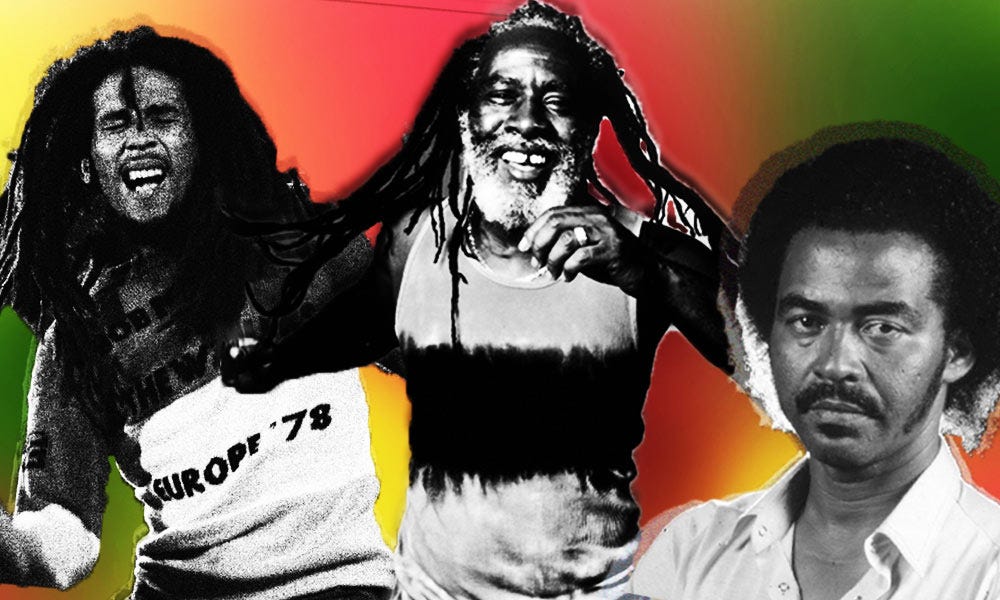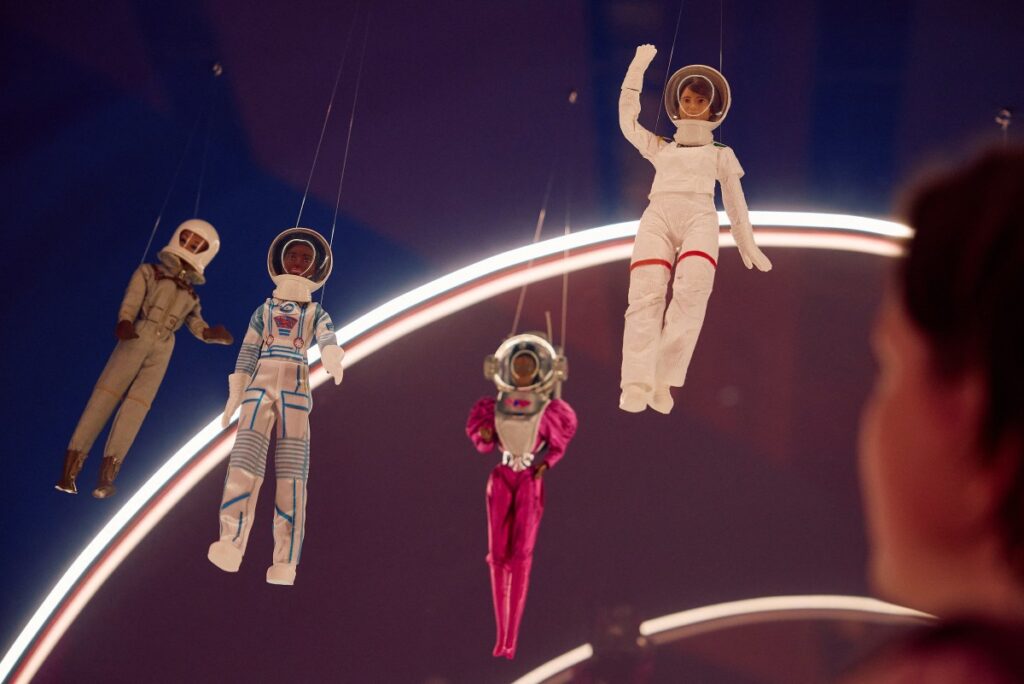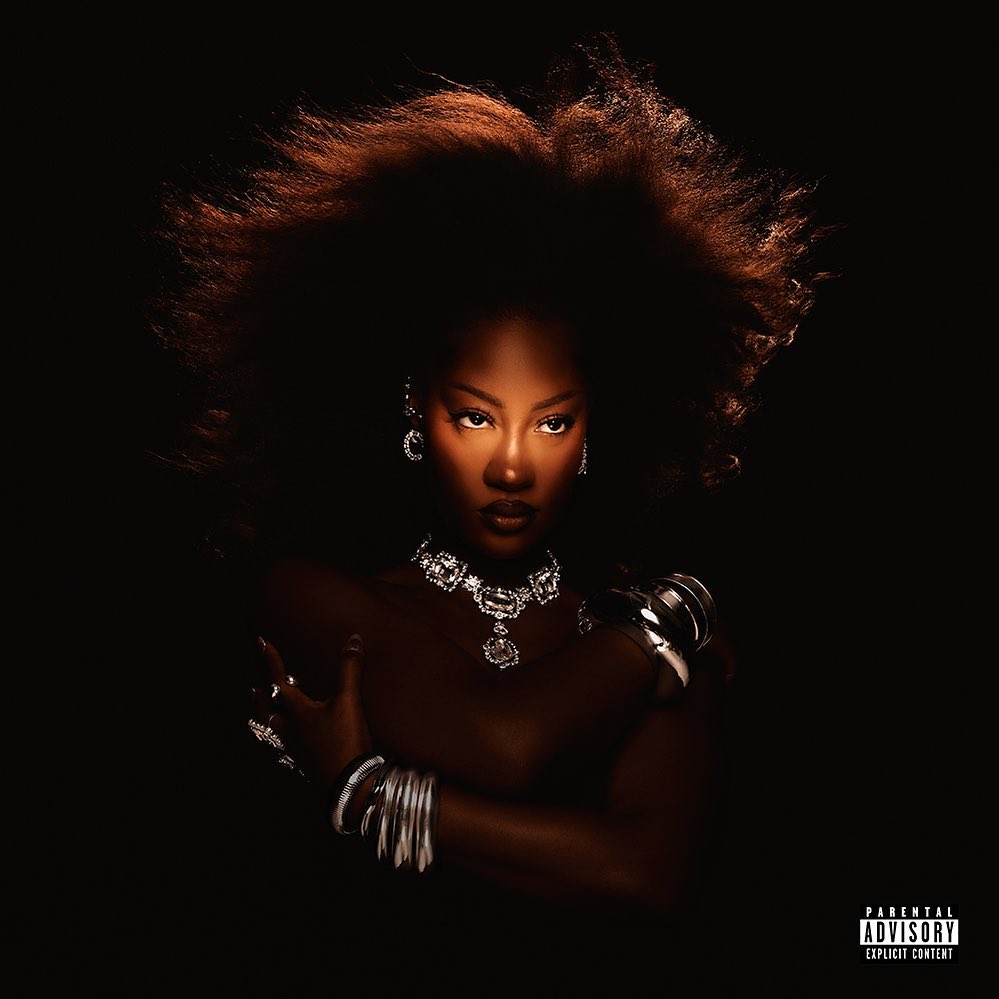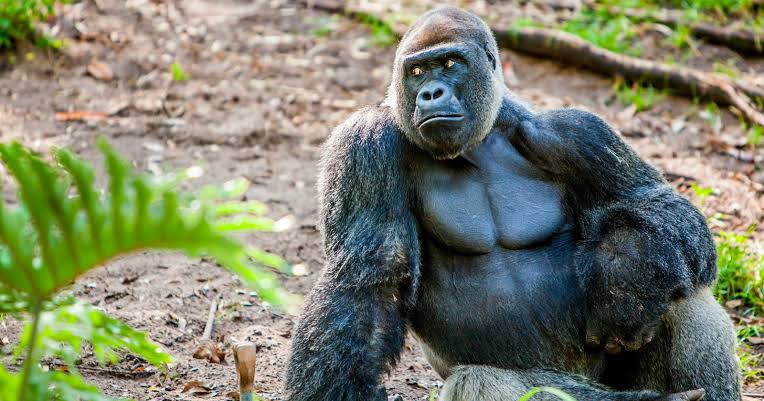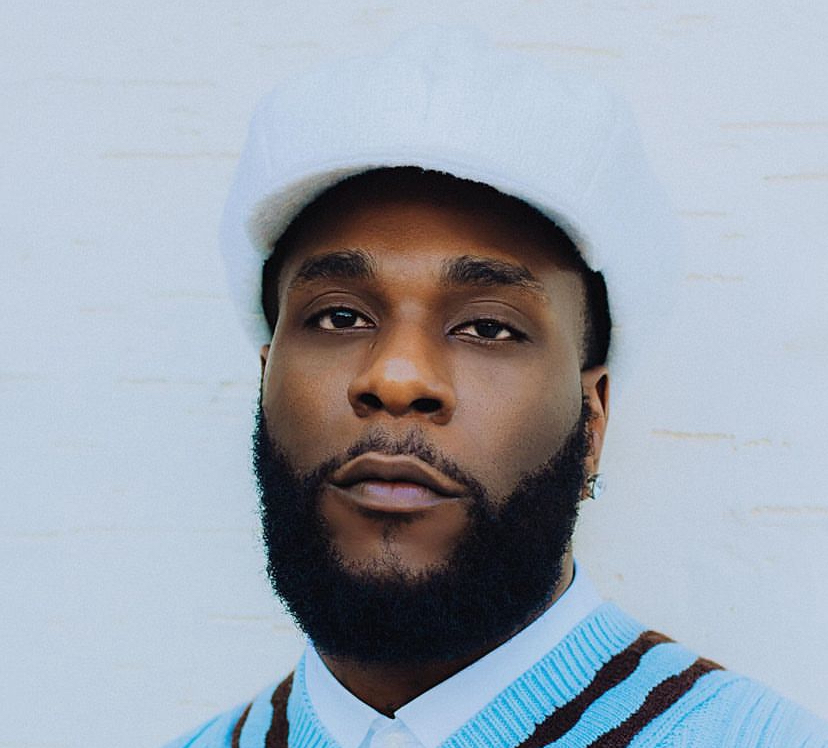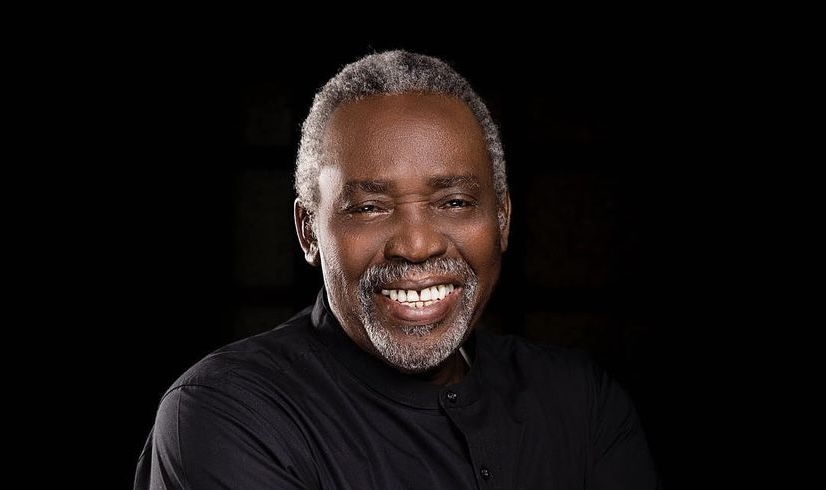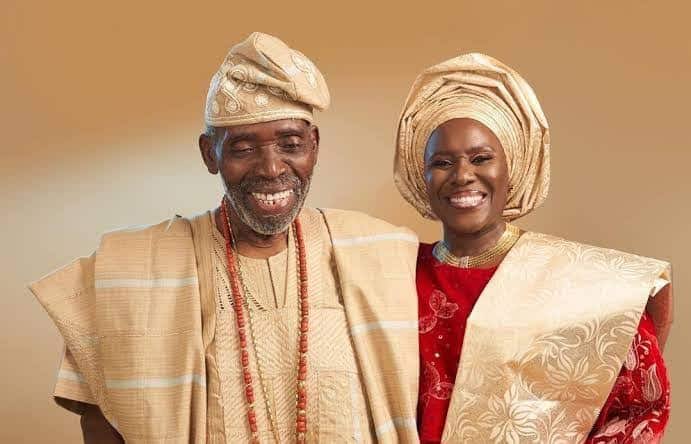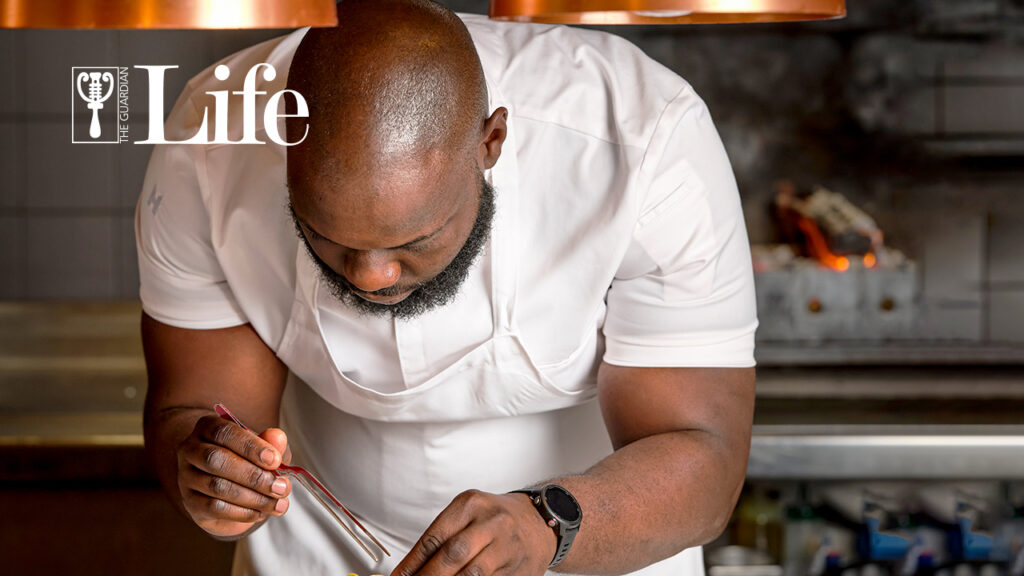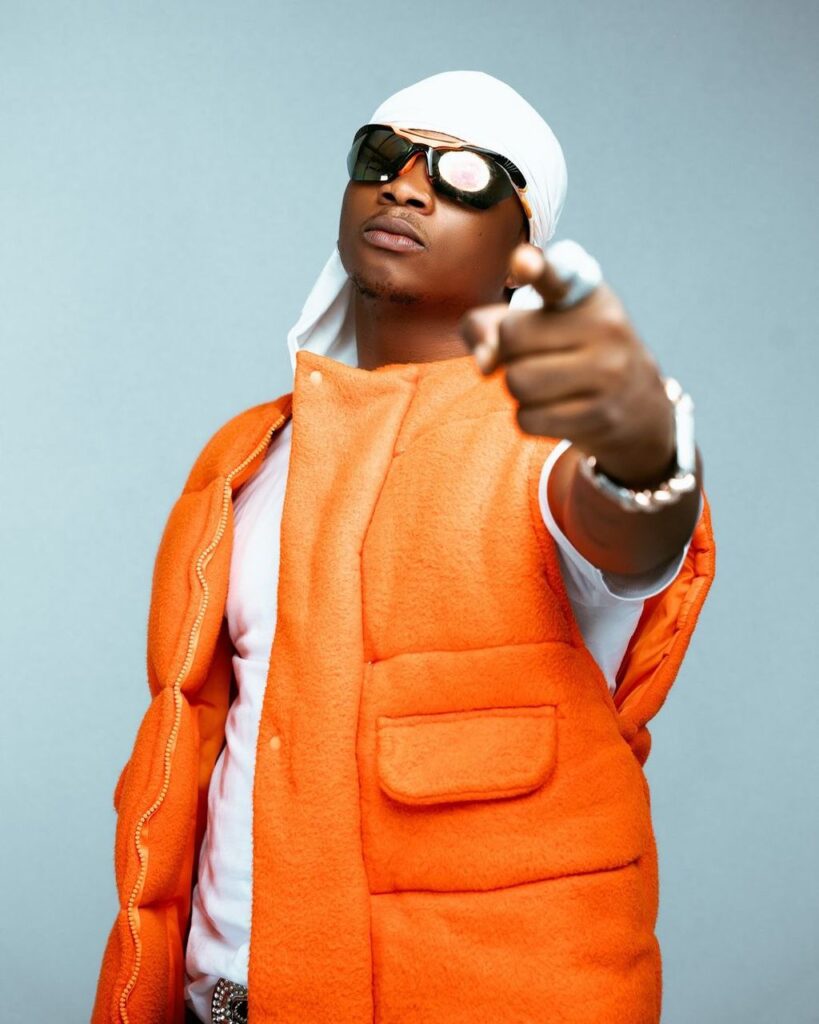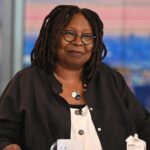
Born Laura Kakoma, the 40-year-old Jazz musician is most notable to many Nigerians for her 2014-mega hit, Lagos Music Salon, where she chronicled the lives and realities of Nigerians gleaned from her 18-month sabbatical in the city, at the time. However, her six other compilation projects, borne from a 17-year-long career, distinguish her as a musician of excellence.
Now, the Afro-sentimental singer returns with Zenzile: The Reimagination of Miriam Makeba, which features inputs from her friends and long-time collaborators such as Cobhams Asuquo, Seun Kuti and Angelique Kidjo. It is a sonic tribute to the late Afro music heavyweight, celebrating her rich and impactful artistry as well as her contributions to social justice and development in Africa.
With this cover album, Somi revives the true spirit of Makeba, awakening memories of what the African Icon stood for, sounds like and strived for. While Makeba continues to live on in our hearts as a hero of the millennia, Somi presents her again in a refreshing way that is both exciting and intimate.
In this interview with CHINONSO IHEKIRE, the multi-cultural singer talks about remembering Makeba, her love for culture, Lagos Music Salon, enjoying peppery Nigerian food and her love for Africa.
Firstly, why did you choose Makeba?
WHEN you look at her contribution to African music and culture, the real question is why not? She sacrificed a lot. She was the first African artiste to arrive on the global cultural stage; she was the first to win a Grammy in Africa. She was just the first of so many things. All African artistes are indebted to her.
She also used that platform on behalf of the people. People called her Mama Africa. She used it to champion the Anti-apartheid movement, the African independence movement among others. And you have to also ask why we don’t know more about her story.
What’s your own personal connection to culture?
As an immigrant child, I lived in Uganda, Rwanda and moved to the US where I spent my formative years. It raised a lot of identity questions for me. I was always trying to articulate and express ‘Home’. I became drawn to the concept of place. I couldn’t fully claim Illinois or East Africa; I became a hybrid of culture.
I found my identity and sense of place in sounds. It is an important thing to feel a sense of belonging. I could only truly get to that through my art. That anthropological way of looking at myself and the people around me became my style of making my art. I also studied Anthropology and it influenced my art. At a part of my life when I was studying African Studies and Anthropology, I was doing it because I was searching for something in myself.
How did you feel working on this project?
The project is called Zenzile. It means You Have Done It To Yourself. Literally, it is a meditation on the burden and the freedom that accompanies your gift. For the reimagining, I wanted to see what the music would be like today. It is just really how I feel about that on a personal level. It is a deeply spiritual level. It is a search to reflect on an ancestor. It is like going into their catalogue and looking into her work and choosing songs.
I worked with a linguist. I just connected with the songs I connected with on a personal level; I had like 35-40 songs translated. From there, I understood the stories and how they marked different phases of her life, and how they showcased how her voice and politics changed over time. It has been a challenging journey, but it opened up other colours in my own voice.
I went to study Xhosa for six months in South Africa. I studied the mythology of her people. This larger project is a memory of her legacy; I am still excited and I am learning every day. I am humbled and grateful for her legacy and the incredible life she lived. I admire the sacrifices. When you think of Miriam Makeba, you think about the sacrifice and not even her tragedies. So, all these are humbling. It makes you understand that you can’t take these things for granted.
Is there anyone else you think you can connect with on this frequency, apart from Makeba?
I am connected to the music of Nina Simone as well, but I am not doing this project based on similarities; I am doing it for other reasons. That is what felt right. It is my first cover album ever. For me, as a writer, I never saw myself doing a cover album. But it is not just a cover album; it is one asking people to revisit her album. It is not like a gimmick.
What is your creative process like?
Well, it is an organic process; every song shows up in the world in a very different way. Sometimes, it could be from a poem. Sometimes, I could just be on a subway train. Sometimes, I see something on the street and I get inspired to write a song.
But what I do know is that we need to be committed to the nuance of ourselves – of global black lives. What is the more humane side of the story? For me, I first create the narrative first then I start to figure out how to frame it sonically. There is no one formula.
So, how well do you connect with the Jazz scene in Nigeria?
I know some of them and I connect with them. I am not sure they all identify as Jazz musicians, but they do something in proximity to Jazz. These are people like Etuk Ubong, Keziah Jones, and all those people. I know they are interested in a certain live presentation of music.
Cohbams Asuquo produced the Lagos Music Salon album and he also produced this new record. So, even just through him, I feel I have connected well to the music scene. I also connect with Seun Kuti, whose music has influenced Jazz. Seun Kuti is also on this new album. I would love to know more artistes and connect with the Jazz scene in Nigeria. I would love to see more support around those types of artistes – not just in Jazz, but also in musicianship that is pushing for a certain form of the live presentation of music. I connect with them and would love to know more about them and see more support surrounding those artistes.
Are you thinking of doing a tour here soon?
Yes, I hope so.
So, take us back to what drove you to make music in the first place?
I think the art form chooses you; you don’t have a choice. It is still the same reason as what I said earlier in my search for identity.
Tell us about your intriguing moments while you were in Lagos last month?
I think the wow moment for me was discovering new places in the city. It is different now, because of the COVID-19 pandemic. Lagos is quieter now than normal, even though it is still bustling. That was interesting. I have been travelling around the continent; I just came from Rwanda and Senegal. It is interesting to see these African cities quiet for a little bit.
So, what did you miss most about Lagos?
I come every two years, but I would say that there are people that I love in Lagos; I missed my friends. Unfortunately, I couldn’t see everybody, because of COVID-19. There is a humour, confidence and loyalty that Nigerians have and I really love. Despite the many challenges of living in Nigeria – because they are many – Lagos reminds me of New York, in the sense that it is a hard city, but if you show up for the city, it shows up for you. If there are deep challenges, there are also deep rewards.
For me, the reward of Lagos, even after those 18 months I spent from 2013 to 2014 when I recorded Lagos Music Salon – was choosing a place that was brand new to me and finding a sense of home in that place. Now, I still look back to that album and feel very proud of it today. It was an archive of my life, a documentary of a moment in my life when I really needed some magic.
So, what do you want Nigerians to take away from Zenzile?
I want them to know that the heights of music Nigerians are enjoying right now, is indebted to Miriam Makeba. Anybody who is at the top of their music right now, irrespective of genre, is indebted to her.
For us to see African music as a major global export, you have to understand that it is a result of what she did that trickled down generations. So, I think that Nigerians and Africans would join me in celebrating and remembering her. As Africans, this is an invitation to remember Makeba.
So, finally, tell us some things you discovered about yourself while you lived in Lagos – after all these years?
I would tell you that I could find a sense of home, community, inspiration and magic anywhere in the world. I also learned how to understand the Pidgin language. I also learned that, for all the negative things that the media puts out about Nigeria, there are a thousand more positive things to discover.
I had also never driven in any African city before, but in Lagos, I learned how to drive around and actually know my way, especially on the Island. I know my way around Victoria Island, Lekki Epe Expressway, Admiralty Way and many other areas very well. You can call me a proper Lagos babe.
I also learned how to tolerate pepper. In East Africa, we don’t really eat with much pepper in our food. For Nigerians, it is as basic as even in rice. The not-too-spicy for Nigerians is even very spicy for me. Now, I have a thing for peppery food. I add it to everything. So, it is funny, because now I look for it. When I am in the US, I also look for spice. I love Nigerian food a lot too, despite being a vegetarian. I love Moin Moin, Efo Riro, Akara, stew, Nigerian omelette and other things.


